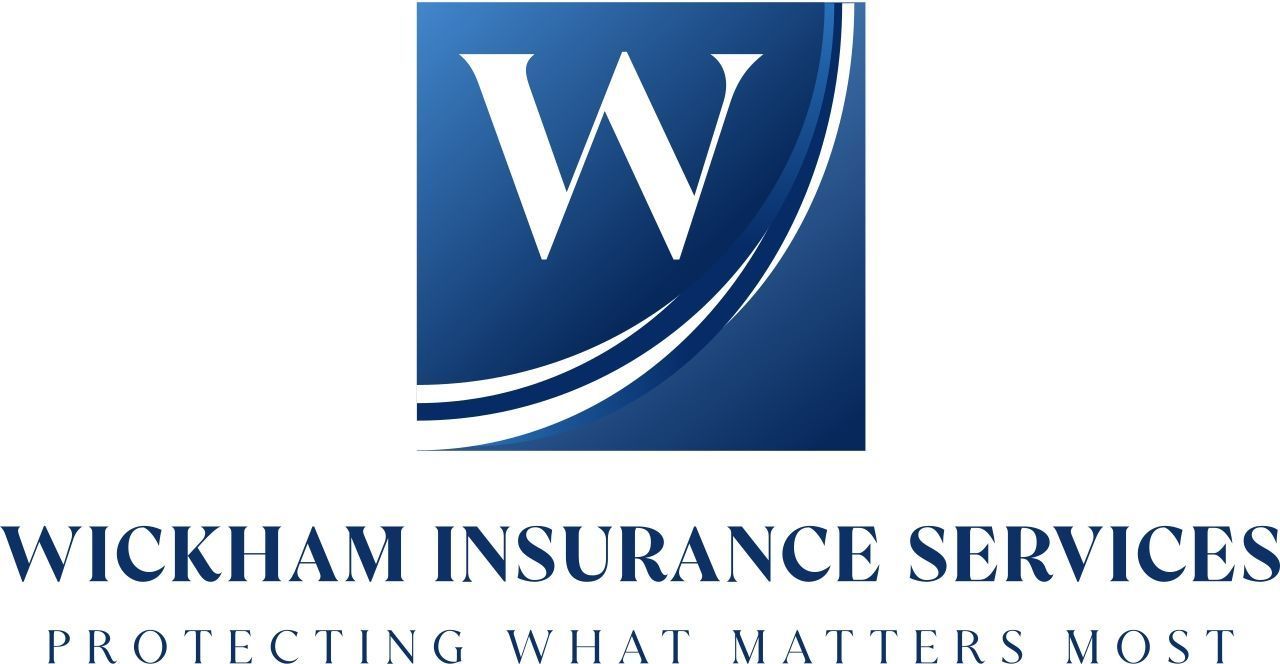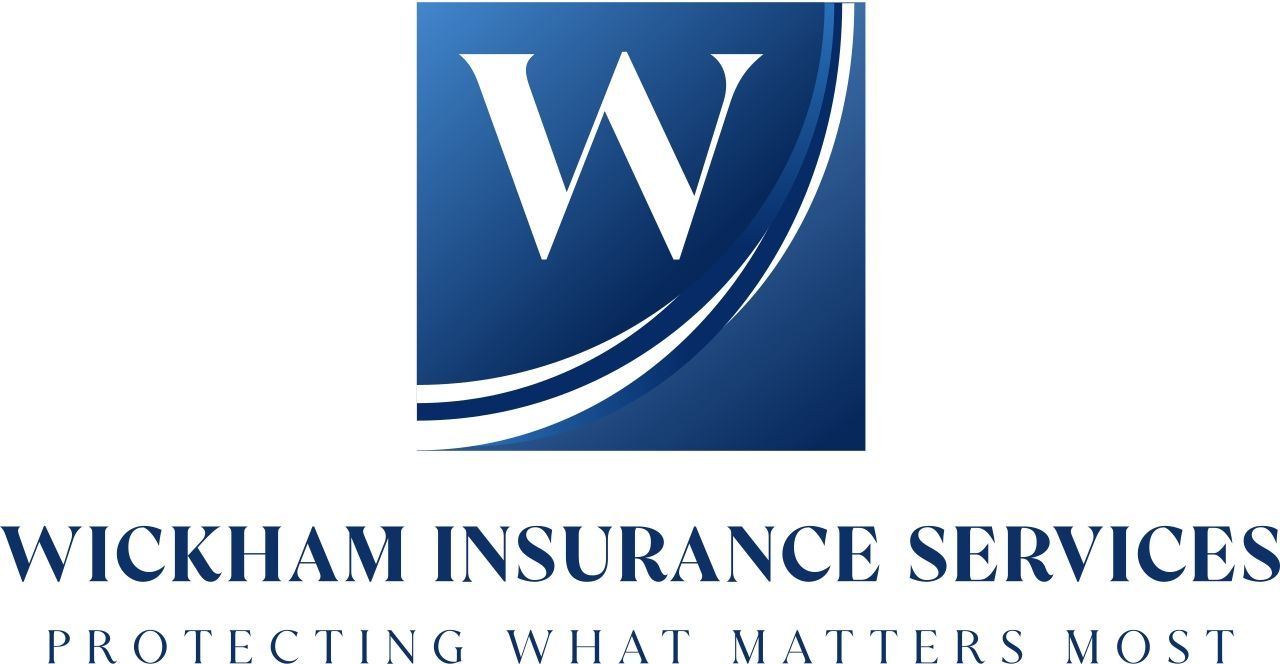Make Smarter Decisions For Your Home
We ensure your protection to help restore your home.
Top Quality Customer Service
Our support team is here every day to guarantee that everything runs seamlessly. You can always count on finding the assistance you need.
Quick Claims Service
Our carriers have quick response teams for your claims.
What does homeowners insurance cover
- Commonly referred to as hazard insurance, standard homeowners' insurance policies provide coverage for your property, personal belongings, and assets against various types of damage or perils, including:
- - Fire and wildfires
- - Lightning
- - Smoke
- - Windstorms — including hurricanes
- - Hail
- - Theft
- - Explosion
- - Weight of snow or ice
- - Power surges
- - Vandalism.
You may also have coverage for incidents such as dog bites, tree removal, mold, water damage, foundation issues, or roof leaks, depending on the nature of the damage and the coverage levels outlined in your policy.
What Homeowners Insurance Doesn’t Cover
While homeowners insurance is essential for safeguarding your property, it’s important to know its limitations. Here are some common exclusions that could leave you vulnerable if not addressed.
However, you might be able to take out separate insurance policies or add on extra coverage to your standard policy to cover your home against earthquakes or damage caused by flooding.
Are earthquakes covered?
No, standard homeowners insurance policies typically do not cover damage from earthquakes. Consider purchasing a separate earthquake policy if you live in a high-risk area.
What about flooding?
Flood damage is usually excluded from standard policies. To protect your home from floods, you may need to invest in a separate flood insurance policy.
Are pests covered?
Damage caused by pests, such as termites or rodents, is generally not covered. Regular maintenance and pest control are essential to prevent these issues.
Is wear and tear covered?
Routine wear and tear or age-related damage is not covered by homeowners insurance. It's important to maintain your home to avoid these costs.
What about intentional acts?
Intentional acts of arson or vandalism are not covered under homeowners insurance. Always report such incidents to the authorities.
Are earthquakes covered?
No, standard homeowners insurance policies typically do not cover damage from earthquakes. Consider purchasing a separate earthquake policy if you live in a high-risk area.
How can I protect myself?
Understanding what your homeowners insurance does not cover is crucial. Consider additional policies or endorsements to fill in the gaps.
Nonetheless, you may have the option to obtain separate insurance policies or enhance your standard policy with additional coverage to protect your home from earthquakes or flood-related damage.
Numerous insurers permit you to incorporate extra coverages into your policy for an additional fee — known as endorsements. This could encompass protection for your home business, safeguarding against water backup damage within your home, or a home warranty to cover your appliances and home systems in the event of breakdowns due to regular wear and tear.
Understanding Homeowners Insurance
Homeowners insurance is your safety net, providing financial protection for your home and belongings. By paying a monthly or annual premium, you ensure that you're covered in case of unexpected events. This premium can be paid directly to your insurance company or included in your mortgage payment, making it convenient to manage. A standard policy includes six key coverages, each designed to protect different aspects of your property.
What is Dwelling Coverage?
Dwelling coverage protects the structure of your home, including any attached structures like garages or patios. If your home suffers damage from a covered event, this coverage helps pay for repairs or rebuilding.
What is Other Structures Coverage?
This coverage extends to structures not attached to your home, such as fences, sheds, or guest houses. It ensures that these additional structures are also protected against damage.
What is Personal Property Coverage?
Personal property coverage helps you repair or replace your belongings, like furniture and electronics, in the event of damage or theft. This coverage is essential for safeguarding your personal items.
What are Additional Living Expenses?
If your home becomes uninhabitable due to a covered loss, additional living expenses coverage pays for temporary lodging, meals, and other necessary expenses while your home is being repaired.
What Does Homeowners Insurance Not Cover?
It's important to know that standard homeowners insurance policies typically do not cover damages from earthquakes, flooding, pests, routine wear and tear, or intentional acts like arson. Understanding these exclusions can help you make informed decisions about additional coverage.
How to Choose the Right Coverage?
Choosing the right homeowners insurance coverage involves assessing your needs, understanding the limits of each coverage type, and considering additional policies for risks not covered by standard insurance. Consulting with an insurance expert can help you find the best fit for your situation.
Understanding Homeowners Insurance Costs
Your specific rate can vary based on several factors. Let's break down what influences your homeowner's insurance premium.
What factors affect my homeowners insurance cost?
Several key factors play a role in determining your homeowners insurance premium, including your location, the construction type of your home, its age, your chosen deductible, your credit score, and your claims history.
How does my location impact my rates?
If you live in an area prone to natural disasters or high crime rates, you may face higher insurance costs. Insurers assess the risk associated with your location to set your premium.Does the construction type matter?
Yes! Homes made from materials that are more susceptible to damage or costly to repair, like log homes or those with unique antique features, can lead to increased insurance rates.What about the age of my home?
Older homes typically cost more to insure than newer ones due to potential maintenance issues and outdated building codes, which can increase the risk of damage.How does my deductible affect my premium?
Setting a higher deductible can lower your insurance rates. However, be sure you can afford the deductible in case you need to file a claim.
Additional Insights
Understanding the nuances of homeowners insurance can help you make informed decisions. Factors like your credit score and claims history also play a significant role in determining your rates. A higher credit score often leads to lower premiums, as insurers view you as a lower risk.
1805 N 169th Plaza, Suite B, Omaha, NE 68118


